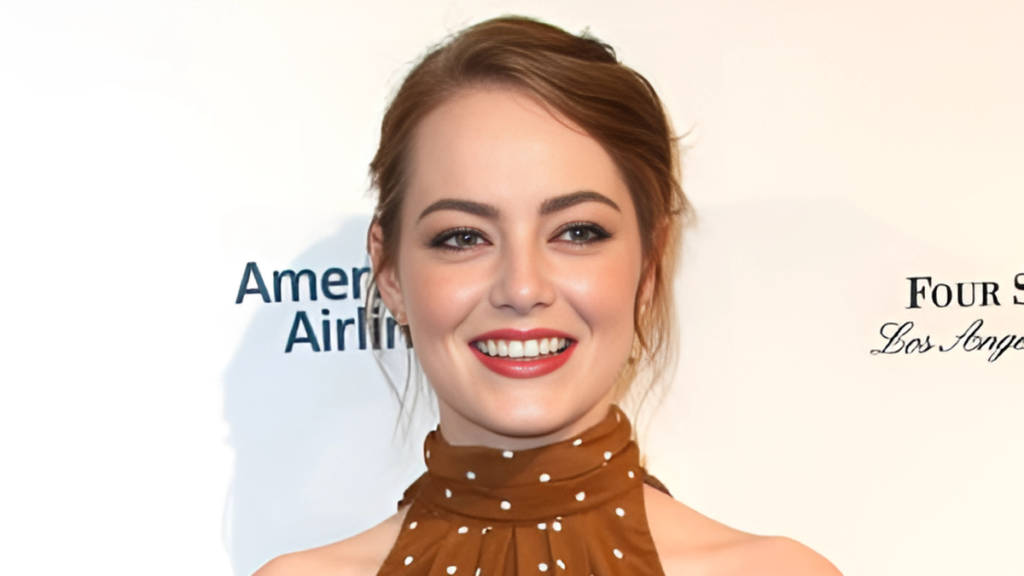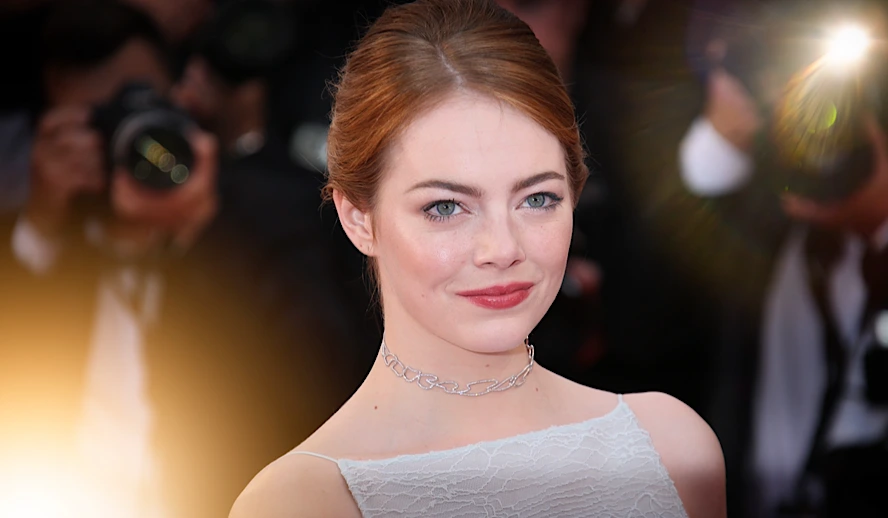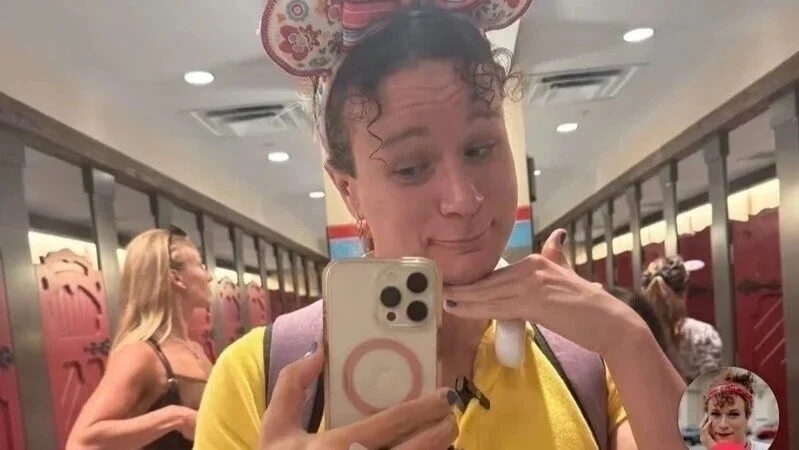
The internet thrives on viral moments, but sometimes, one photo can cross the line between clout-chasing and criminal consequences. Recently, Lilly Tino’s Disney bathroom selfie has taken social media by storm—not because of filters, likes, or Disney magic, but because experts warn it could carry serious legal consequences, even up to 5 years behind bars.
This article is a deep-dive into the controversy, unraveling why this seemingly innocent bathroom selfie has turned into a headline-grabbing case study in law, social media, and public accountability. We’ll break it down step by step—covering the selfie itself, Disney’s strict policies, privacy law implications, how viral fame can backfire, and why courts may treat this case more seriously than anyone expected.
The Selfie That Sparked a Firestorm
At first glance, it looked like just another bathroom mirror selfie—Lilly Tino smiling, Disney-themed outfit, iPhone in hand, standing inside a bathroom at one of Disney’s most famous theme parks. But what made this selfie different was the location: Disney bathrooms are considered restricted photography areas due to privacy concerns.
Unlike selfies in restaurants, rides, or hotel rooms, bathrooms fall under strict no-photo zones. This is where Lilly’s choice spiraled into something bigger than she could have imagined.
Why Disney Bathrooms Are Legally Sensitive Spaces
Disney doesn’t play around when it comes to its reputation and guest privacy. Bathrooms are highly sensitive locations, and photographing inside them can:
- Violate guest privacy rights if others are present.
- Breach Disney’s park policies, which prohibit filming or photographing in restrooms.
- Trigger potential criminal charges under state privacy laws.
Disney theme parks are private property, meaning they have the right to set and enforce rules. Violating those rules could mean anything from a lifetime ban to criminal trespass charges.
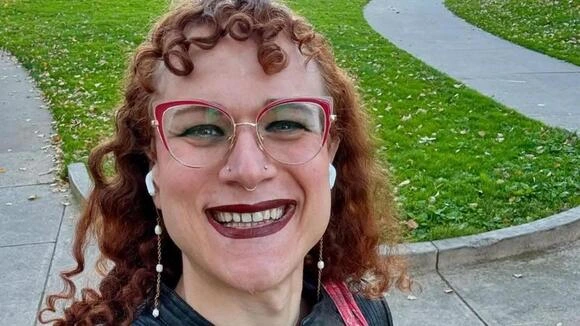
Lilly Tino: Who Is She and Why the Internet Cares
Before the controversy, Lilly Tino wasn’t a household name but had a growing influencer profile. She was building a brand around lifestyle, travel, and Disney-inspired content.
Her bathroom selfie wasn’t just a casual picture—it was content for clout. With followers eager for bold, edgy photos, she likely thought this selfie would boost engagement. Instead, it backfired spectacularly, turning her into the center of a global legal debate.
The Timeline: How the Bathroom Selfie Went Viral
- Day 1 – Lilly posts the selfie with a caption referencing “Disney magic behind the scenes.”
- Day 2 – The post gains thousands of likes but also hundreds of reports to Disney.
- Day 3 – Major blogs and TikTok accounts repost the selfie with outrage.
- Day 4 – Disney allegedly contacts Lilly directly, demanding removal.
- Day 5 – Legal experts weigh in, warning she could face serious charges.
What started as a vanity moment quickly became viral controversy, sparking headlines about whether selfies can land influencers in prison.
Disney’s Zero-Tolerance Policy on Photography
Disney explicitly bans photography in bathrooms, dressing rooms, and backstage areas. Their concern? Guest privacy and brand reputation.
Breaking this rule means:
- Permanent ban from Disney parks worldwide.
- Possible legal charges depending on state laws.
- Being made an example to protect Disney’s image.
Disney doesn’t just issue warnings—they have an entire security and legal team dedicated to monitoring guest behavior inside parks.
U.S. Privacy Laws and Why This Could Mean Prison Time
Here’s where things get serious. Depending on the state, unauthorized photography in restrooms is classified as:
- Invasion of privacy (a criminal offense).
- Unlawful photography under “Peeping Tom” statutes.
- A potential felony if minors are present.
In states like Florida and California—where Disney parks are located—violating these laws can lead to up to 5 years in prison. Even if Lilly didn’t intend harm, the law focuses on the act, not just the intent.
The “Five-Year” Sentence Explained
The phrase “5 years behind bars” isn’t just tabloid exaggeration. Florida law (Statute §810.145) makes video voyeurism in restrooms punishable by up to 5 years in state prison.
If Lilly’s selfie shows even the possibility of other individuals in the background, it could escalate the charge. While jail time isn’t guaranteed, the legal ceiling is indeed five years.
Public Reactions: Fans vs Critics
The internet is divided.
- Fans defend Lilly, saying she was just taking a harmless selfie.
- Critics argue she knowingly broke rules and endangered others’ privacy.
- Parents’ groups have joined the outrage, citing risks to children’s safety.
This public divide mirrors similar influencer scandals where audience sympathy clashes with legal reality.
Legal Precedents: Similar Cases That Ended Badly
Lilly’s case isn’t isolated. Past incidents show how bathroom photos lead to serious charges:
- In 2019, a YouTuber was charged after filming a prank in a mall restroom.
- In 2021, a TikTok star faced charges for bathroom selfies with others visible.
- Courts consistently treat bathroom photos as criminal invasions of privacy.
These cases demonstrate that Lilly’s legal risk is very real—not just internet drama.
The Role of Social Media Virality in Legal Consequences
Ironically, Lilly might have escaped notice if the photo had stayed private. But because it went viral, Disney had no choice but to respond.
Virality amplifies accountability: once a brand like Disney is involved, the stakes rise exponentially.
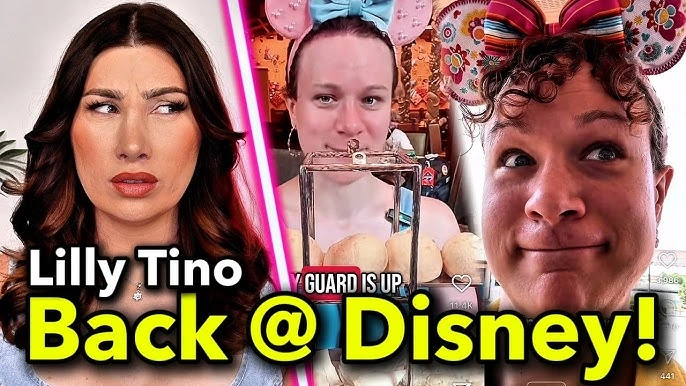
Disney’s Brand Protection Strategy
Disney is obsessed with maintaining a family-friendly image. A viral bathroom selfie risks associating the brand with inappropriate content.
Disney’s likely steps:
- Issue a cease-and-desist order.
- Ban Lilly from parks.
- Cooperate with local law enforcement to press charges.
Could Lilly Tino Plead Innocence?
Her defense could hinge on intent:
- She might argue she didn’t know Disney’s strict rules.
- She could claim no one else was present.
- Lawyers could argue the photo was misinterpreted.
But ignorance of the law is rarely a winning defense.
How Lawyers Might Defend or Prosecute the Case
Defense Strategy:
- Downplay intent.
- Prove no other guests were present.
- Emphasize lack of prior offenses.
Prosecution Strategy:
- Cite Disney’s written policies.
- Use viral spread as proof of public harm.
- Push for maximum penalty as a deterrent.
Online Influence vs Real-World Law
The case raises a critical question: Does influencer culture encourage law-breaking for clout?
When “likes” become more valuable than laws, influencers like Lilly risk careers—and freedom—for viral moments.
What This Means for Other Influencers
This case could set a precedent. If Disney pursues charges, other influencers may think twice before filming in restricted spaces.
Influencer culture thrives on pushing boundaries, but the bathroom selfie could become a landmark example of when the internet goes too far.
How Disney Is Responding Behind Closed Doors
Disney hasn’t issued an official press release, but insiders suggest they’re:
- Monitoring online reactions.
- Consulting legal teams.
- Preparing internal memos to reinforce bathroom photo bans.
Disney isn’t just protecting guests—it’s protecting its global empire worth billions.
Why Bathrooms Are Classified as “High Privacy Zones”
Privacy law categorizes restrooms, dressing rooms, and locker rooms as zones of maximum expectation of privacy.
Even a harmless selfie risks capturing someone partially unclothed in the background. That risk alone is enough for felony charges.
The Thin Line Between Clout and Crime
What influencers see as content creation, the law may see as criminal behavior.
Lilly’s selfie embodies this tension: in pursuit of followers, she walked directly into a legal minefield.
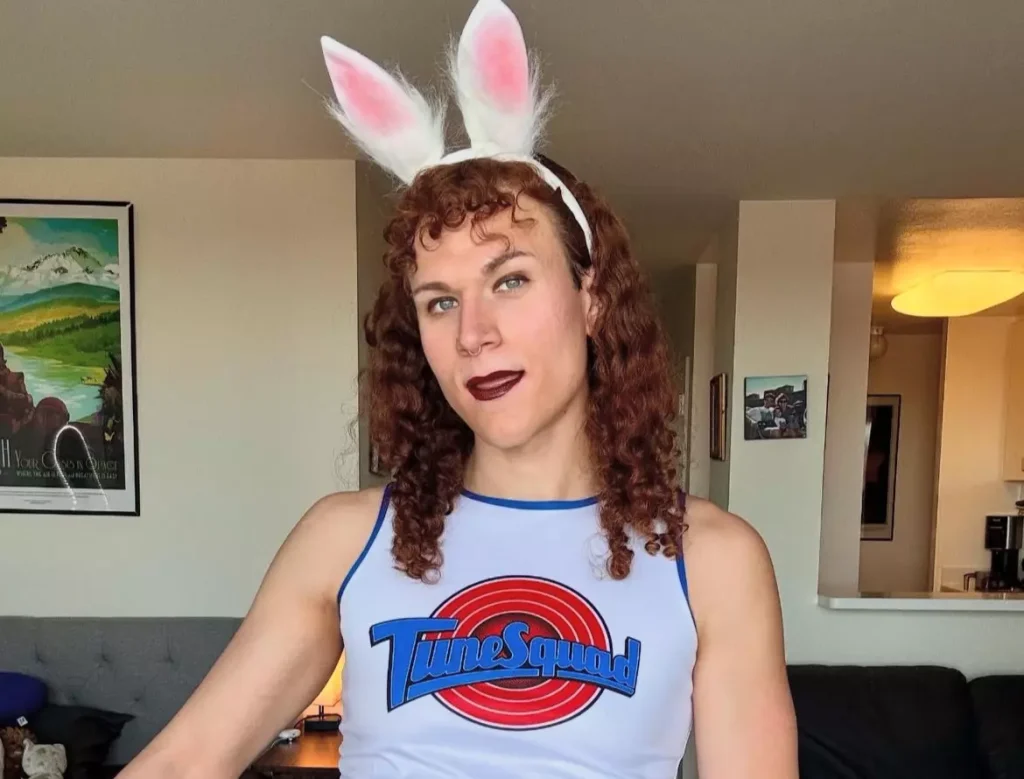
The Future of Lilly Tino’s Career
Whether she’s convicted or not, Lilly’s influencer career may never recover.
- Brands may cut sponsorships.
- Disney fans may boycott her content.
- Legal stigma could overshadow her future work.
Her case is a warning to influencers worldwide: chasing clout can destroy careers overnight.
Final Takeaway: Lessons From the Disney Selfie Scandal
Lilly Tino’s bathroom selfie wasn’t just a bad idea—it was a potential felony.
Her story proves:
- Social media fame comes with real-world consequences.
- Disney takes guest privacy more seriously than influencers think.
- Five years in prison isn’t just a headline—it’s a legal possibility.
In the end, this scandal isn’t just about Lilly Tino. It’s a reflection of how our obsession with viral content can blur the line between creativity and crime.

